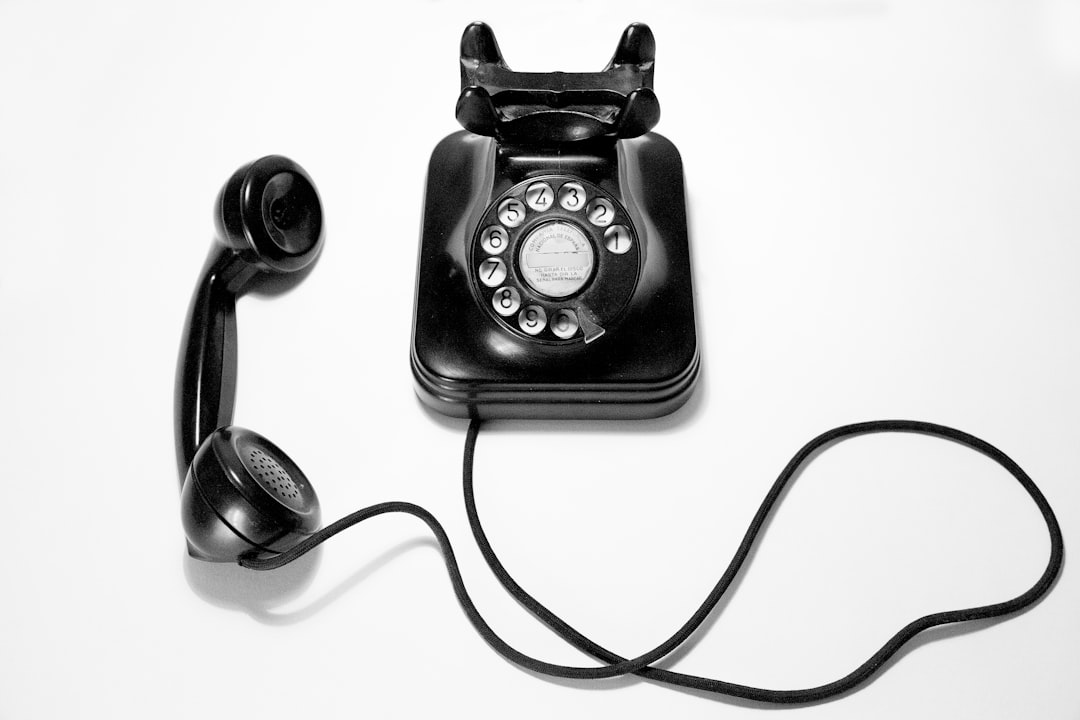Minnesota's Debt Collector Laws, including the MFDCPA and FDCPA, protect consumers from aggressive debt collection practices by setting ethical standards for collectors. These laws limit communication methods and times, prohibit false claims, abusive language, and threats, mandate validation of debts, and ensure clear communication, fostering a fair and respectful debt recovery process within the state. Violations can be reported to the Minnesota Attorney General's Office, empowering both debtors and collectors to uphold these stringent regulations.
“Exploring the Landscape of Debt Collector Laws in Minnesota: A Comprehensive Guide. Minnesota’s debt collection laws are a crucial aspect of consumer protection, offering specific guidelines for both debtors and creditors. This article navigates the intricate web of rights and responsibilities, from understanding the legal framework to dispute resolution processes. We delve into the permitted communication practices and timelines, ensuring you’re informed about your protections in the event of a debt collection scenario. By the end, you’ll be equipped with knowledge to navigate these laws effectively.”
Understanding Minnesota's Debt Collection Laws

Minnesota has specific laws governing debt collection practices, designed to protect consumers from unfair or aggressive tactics. These laws are crucial in ensuring that debt collectors adhere to ethical and transparent procedures when interacting with debtors. Understanding these regulations is essential for both individuals dealing with debt and debt collectors operating within the state.
In Minnesota, debt collectors must comply with the Minnesota Fair Debt Collection Practices Act (MFDCPA), which mirrors federal guidelines. The MFDCPA outlines various restrictions on how and when debt collectors can contact consumers, including limitations on phone calls, emails, and written communication. It also prohibits false or misleading representations, the use of abusive language, and threats against debtors. Additionally, debt collectors must provide validation of the debt and clearly communicate the amount owed, as well as any associated fees. These provisions aim to safeguard individuals’ rights and ensure a fair and respectful collection process.
Rights of Consumers in Debt Collection Scenarios

In Minnesota, debt collectors must adhere to specific laws designed to protect consumers’ rights. According to state regulations, debt collectors are prohibited from engaging in unfair or deceptive practices when attempting to collect a debt. This includes making false or misleading statements about the amount owed or using intimidating language to coerce payment. Consumers have the right to request validation of the debt, meaning the collector must provide proof that the debt is legitimate and the consumer responsible for it. Additionally, collectors cannot contact consumers at unreasonable times or places, such as frequently calling before 8 a.m. or after 9 p.m., and they are restricted from using abusive language or threatening actions.
Minnesota’s debt collection laws also empower consumers to dispute the validity of a debt and request that the collector cease communication if they believe the debt is inaccurate or the collection efforts are harassing. Consumers can file complaints with the Minnesota Attorney General’s Office if they feel their rights have been violated. Knowing these rights is essential for individuals navigating debt collection scenarios, ensuring they remain protected within the framework of state-mandated regulations and can effectively stand up for themselves against unfair practices by debt collectors.
Legal Timeframes for Debt Collectors in MN

In Minnesota, debt collectors must adhere to strict legal timeframes as outlined by state law. They are permitted to contact debtors regarding their outstanding debts for a period of 7 years from the date the original creditor reports the debt as delinquent. This timeframe applies to both written and oral communication.
Debt collectors in MN cannot harass or threaten debtors, nor can they use abusive language or false statements when attempting to collect on a debt. They must also provide clear and accurate information about the debt and the amount owed. If a debt collector violates these rules, debtors in Minnesota have the right to take legal action against them.
Permitted Communication and Harassment Guidelines

In Minnesota, debt collectors are bound by strict regulations regarding permitted communication and harassment guidelines. They must adhere to the Fair Debt Collection Practices Act (FDCPA) and state-specific laws, which aim to protect consumers from aggressive or unfair practices. Debt collectors in Minnesota are prohibited from making harassing or abusive calls, using vulgar language, or threatening actions against individuals or their families.
Additionally, they are restricted from contacting consumers at inconvenient times or places, such as before 8 a.m. or after 9 p.m., except by mail. The state also requires debt collectors to provide proper identification when contacting debtors and to cease communication if the consumer requests in writing that they stop. These regulations ensure fair and respectful interactions between debt collectors and Minnesota residents.
Dispute Resolution Processes in Minnesota

In Minnesota, debt collection processes are heavily regulated by state laws designed to protect consumers from aggressive or unfair practices. The state’s debt collector laws establish clear guidelines for dispute resolution, ensuring that both debtors and creditors have defined paths to address concerns. When a consumer believes they have a valid reason to dispute a debt, the Fair Debt Collection Practices Act (FDCPA) allows them to send a written notice to the debt collector, demanding validation of the debt. This process gives debtors leverage to verify the authenticity of the debt and negotiate terms if needed.
Minnesota’s laws empower consumers with the right to request verification of debts, ensuring transparency throughout the collection process. If a debt collector fails to provide valid documentation or refuses to resolve disputes, individuals can take further actions, such as filing complaints with the Minnesota Attorney General’s Office or seeking legal counsel. These dispute resolution mechanisms are integral to maintaining fairness and accountability within the state’s debt collection practices, adhering to the stringent regulations outlined in the debt collector laws of Minnesota.






